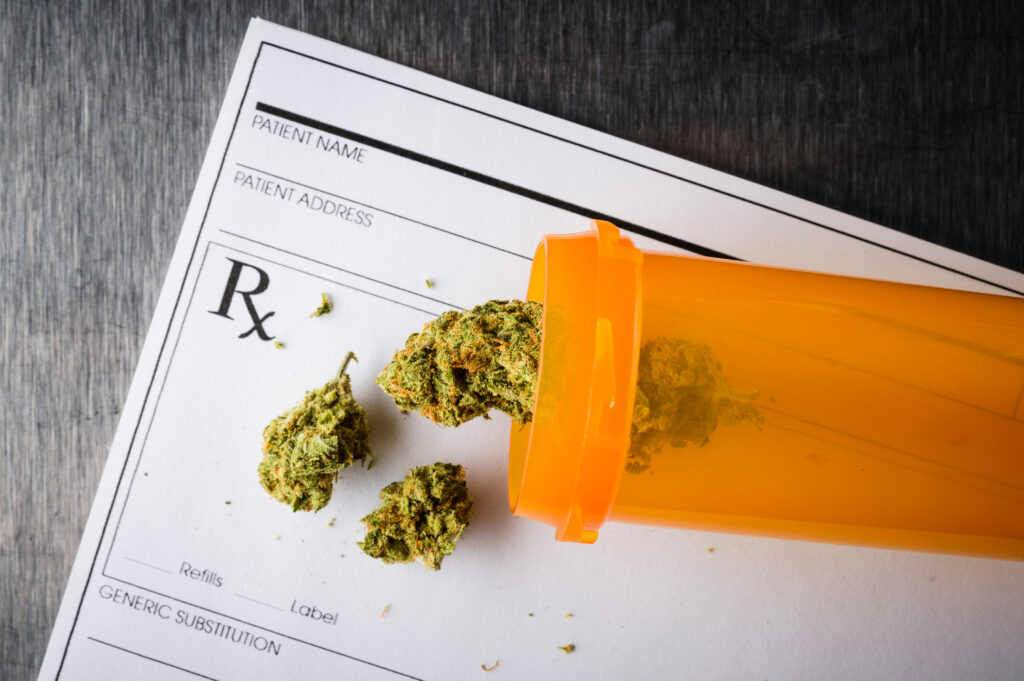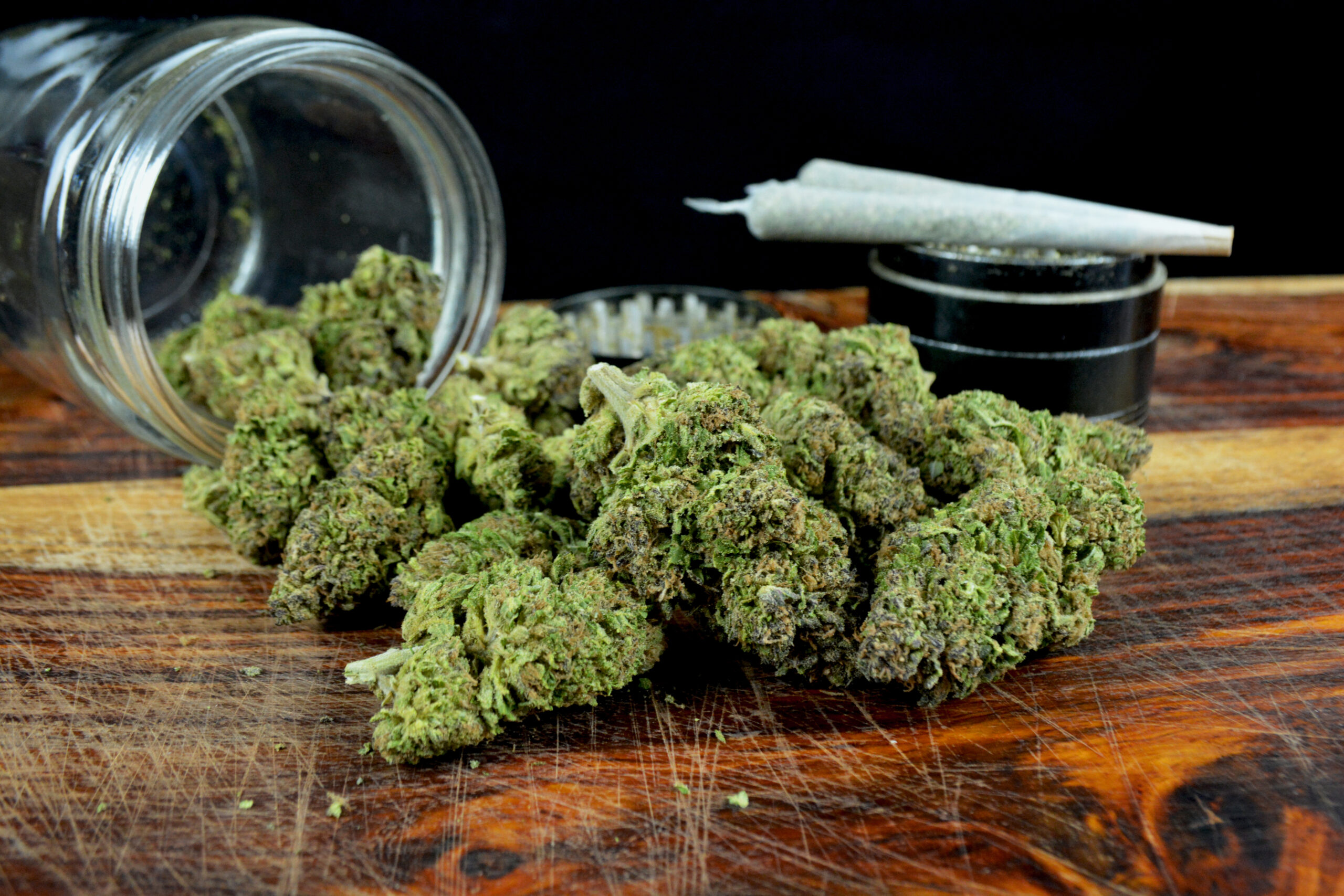(TAMPA) As election day approaches, Florida voters face a pivotal decision on Amendment 3, which would legalize recreational marijuana use for adults. If passed, the amendment would allow adults over the age of 21 to carry no more than three ounces of marijuana on them.
LISTEN TO THIS STORY:
The Yes on 3 campaign emphasizes the disparity between alcohol and marijuana regulations, noting the current legal framework allows alcohol sales while maintaining criminal penalties for marijuana possession. Legalizing recreational use would likely reduce the resources spent on enforcing marijuana possession laws.
“Amendment 3 will let us focus on serious crime,” said an advertisement sponsored by Yes on 3. “Making our streets and neighborhoods safer.”
The measure has garnered endorsements from significant political figures, including Vice President Kamala Harris and former President Donald Trump, now a Florida resident.
“I just feel strongly people should not be going to jail for smoking weed,” said Vice President Harris.
“It’s got to be done in a very concerted, lawful way,” said former President Trump. “The way they’re doing it in Florida, it’s going to be very good.”
Decisions on Amendment 3 are not political decisions but a Florida decision. Its residents will vote based on what they feel is best for their state. Students at the University of South Florida’s Tampa campus have mixed opinions on the matter.
“So many people already use it recreationally,” said Vera McCartney. “I don’t think it’s going to cause anything major to happen, maybe more dispensaries, but I don’t think that’s a problem.”
A regulated cannabis industry could stimulate economic growth by creating thousands of jobs in areas such as cultivation, retail, and ancillary businesses. This expansion could significantly boost the state’s economy.
Regulation would also enable testing and quality control of marijuana products, making them safer for consumers and reducing health risks associated with unregulated products from the streets.

Other students are a strong no. Desiree Frohlich says she’s seen the effects of smoking marijuana and will not support its legalization.
“I think by legalizing it, it would be a lot more easily accessible,” said Frohlich. “We would see a large increase in use and, therefore, a large increase in the people that suffer those negative consequences.”
Some students feel the law should stay the way it is. Vitor Viana is an international student from Brazil, where marijuana has higher restrictions than in the United States.
“I don’t feel it should be that easy to buy it,” said Viana. “You should have some type of condition that allows you to buy it.”
While voting yes could boost Florida’s tourism sector, attracting visitors interested in the legal use of marijuana, like Colorado and California, the No on 3 campaign urges other states not to be like them.
“Don’t turn into California,” said an advertisement released by No on 3. “Don’t become Colorado. Vote no on Amendment 3.”
Residents of states where marijuana has been legalized see the harmful effects it has on their states. Robert Kraft is a Maryland resident who voted no and thinks Floridians should do the same.
“It’s become more prominent to the younger children,” said Kraft. “It’s easier for them to see it and to be around it. You can buy it wherever you want, you can smoke it wherever you want. No one really cares.”
As election day nears, Florida voters remain divided on Amendment 3’s potential impact on their communities. While supporters envision regulated safety and economic growth, opponents worry about public health and environmental costs. The state’s decision could reshape Florida’s social and economic landscape for years to come.

